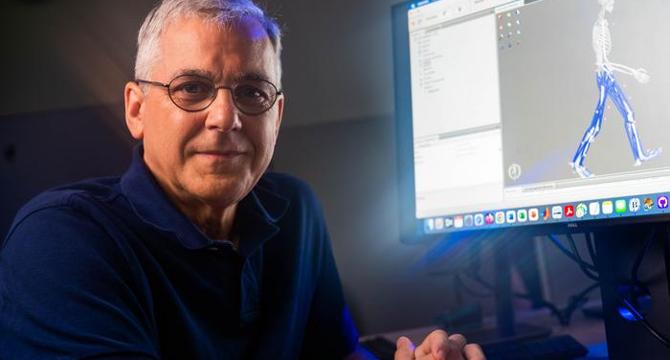Bioengineer
1d
298

Image Credit: Bioengineer
Rice Researchers Develop Tailored Treatments for Movement Disorders
- Rice University researchers have developed the Neuromusculoskeletal Modeling (NMSM) Pipeline to target movement disorders caused by various conditions.
- The software bridges personalized medicine with conventional treatment by utilizing advanced computational modeling techniques.
- It allows tailored treatments based on individual patients' anatomical and physiological characteristics, enhancing orthopedic surgery and neurorehabilitation.
- The NMSM Pipeline leverages physics principles and neuroscientific insights to create personalized digital twins for improving treatment outcomes.
- Using OpenSim as a foundation, Fregly's team introduced novel toolsets for model personalization and treatment optimization.
- The software accurately reflects patient movement data, enabling optimized interventions tailored to individual needs.
- By employing physics-based models, the NMSM Pipeline requires less data to predict outcomes, improving treatment reliability.
- Despite initial time investment, the software streamlines treatment design, making personalized digital twins practical in clinical settings.
- Funded by NIH and NSF, the NMSM Pipeline offers a transformative shift from subjective to objective care predictions for movement impairments.
- It signifies a milestone in personalized medicine and promises improved patient experiences and functional recovery outcomes.
- Through interdisciplinary collaboration, the NMSM Pipeline empowers clinicians to deliver more effective and personalized care for individuals with movement impairments.
Read Full Article
17 Likes
For uninterrupted reading, download the app